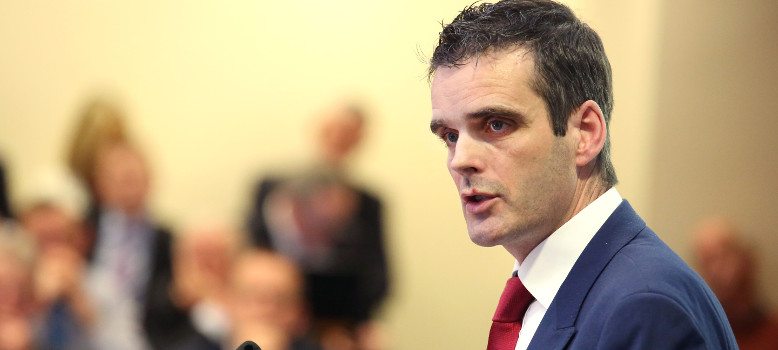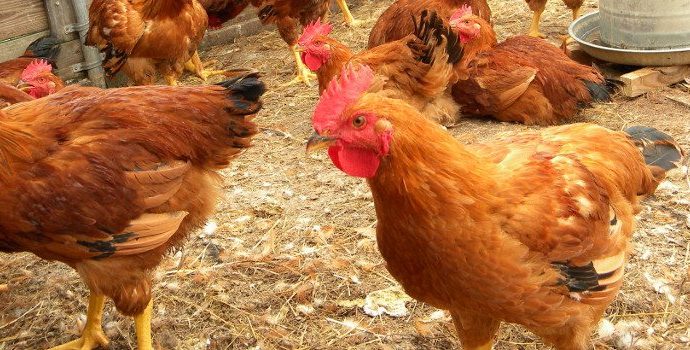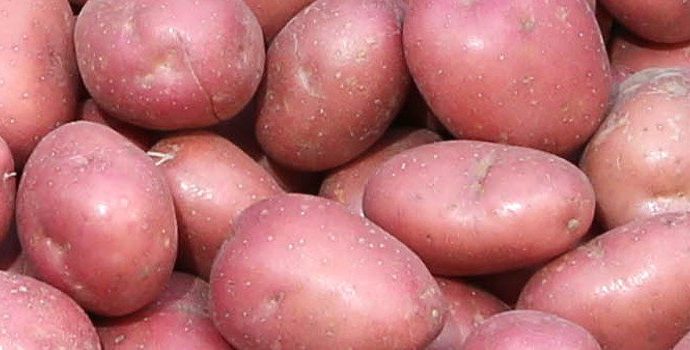Government Has to Focus on Implications of Brexit for Irish Farming

IFA President Joe Healy, while expressing disappointment at the outcome of the UK referendum, has emphasised the need for the Irish Government to immediately take decisive steps to allay the concerns in farming and the agri-food sector about the implications of this vote.
He said, “The outcome of the UK vote has major implications for Irish agriculture and the agri-food sector. The Government must give a clear signal that the issues of major importance to this sector, our trading relationship with the UK and Northern Ireland and and the EU budget, will be central to the EU-UK negotiations. Minimising uncertainty and setting out a clear strategy on the next steps is a priority”.
Joe Healy said, “The 10-year average price differential for beef between Ireland and Britain is 27c/kg or about €100/head, and not the €300 per head seen in recent years. Sterling will stabilise and processors and other purchasers cannot be allowed take advantage of this short-term uncertainty by pulling prices. Processors should seek to stabilise the situation by increasing the price they are charging for Irish agri-food exports to UK purchasers.”
Mr Healy said IFA will be putting agriculture and agri-food issues to the top of the political agenda when the negotiations open. The top two issues are:
- Minimisation of any barriers to trade – no tariffs, continuation of free movement (or as free as possible) of agricultural produce between Ireland and the UK, particularly between Ireland and Northern Ireland.
- Early agreement and certainty on the EU and CAP Budget up until 2020 must be a priority.
Other issues that will be of importance in negotiations:
- Agreement on straightforward taxation rules for the supply of goods and services between the UK and EU (eg VAT on input supplies).
- Animal Health – maintenance of coherent and comparable standards.
- Specific attention and provision made for cross-border farmers who will be uniquely affected by this change.
Read IFA analysis of what Brexit means for Irish agriculture




